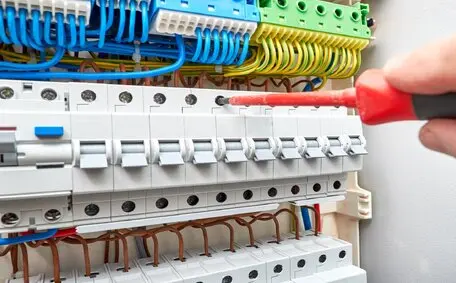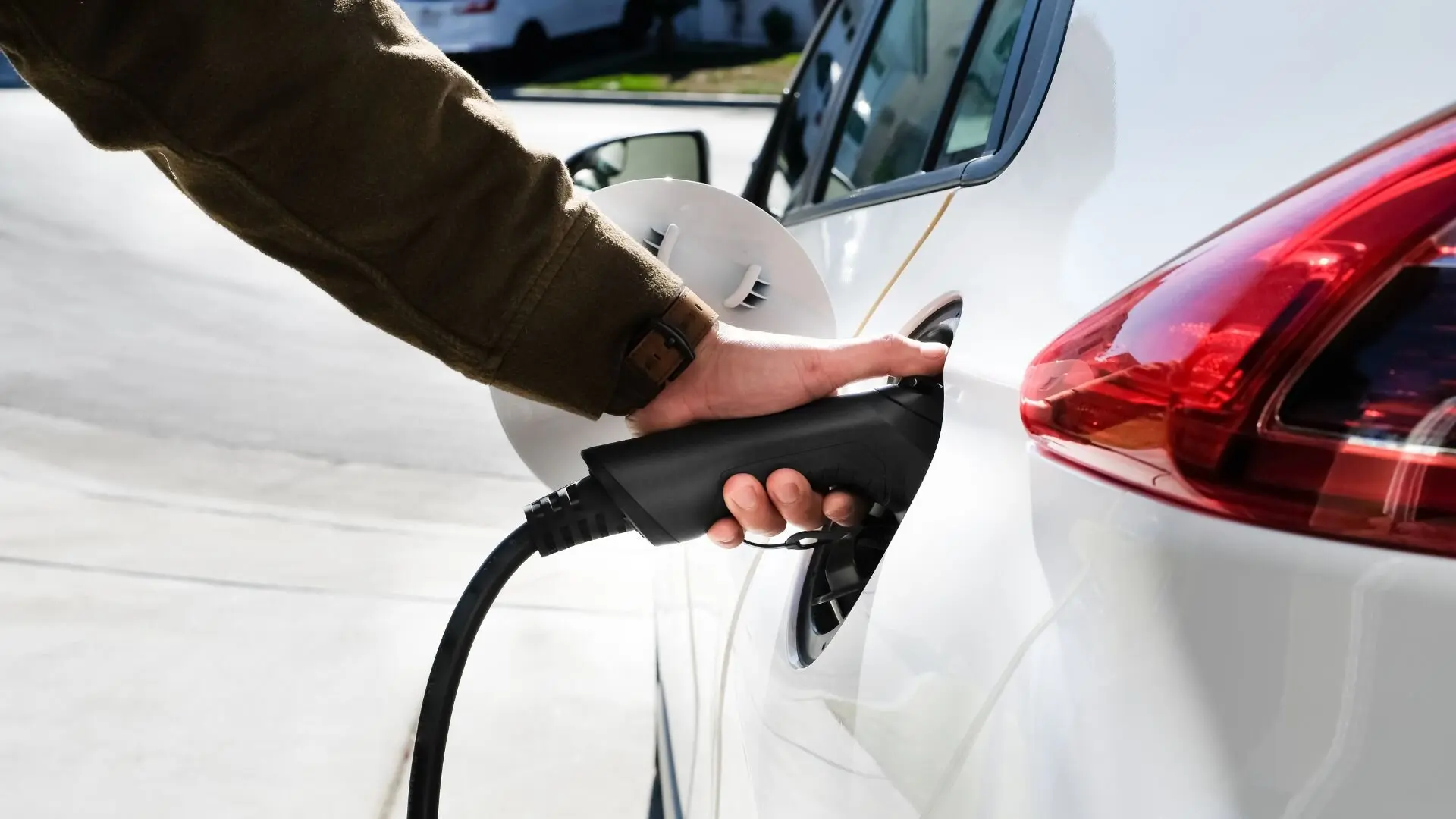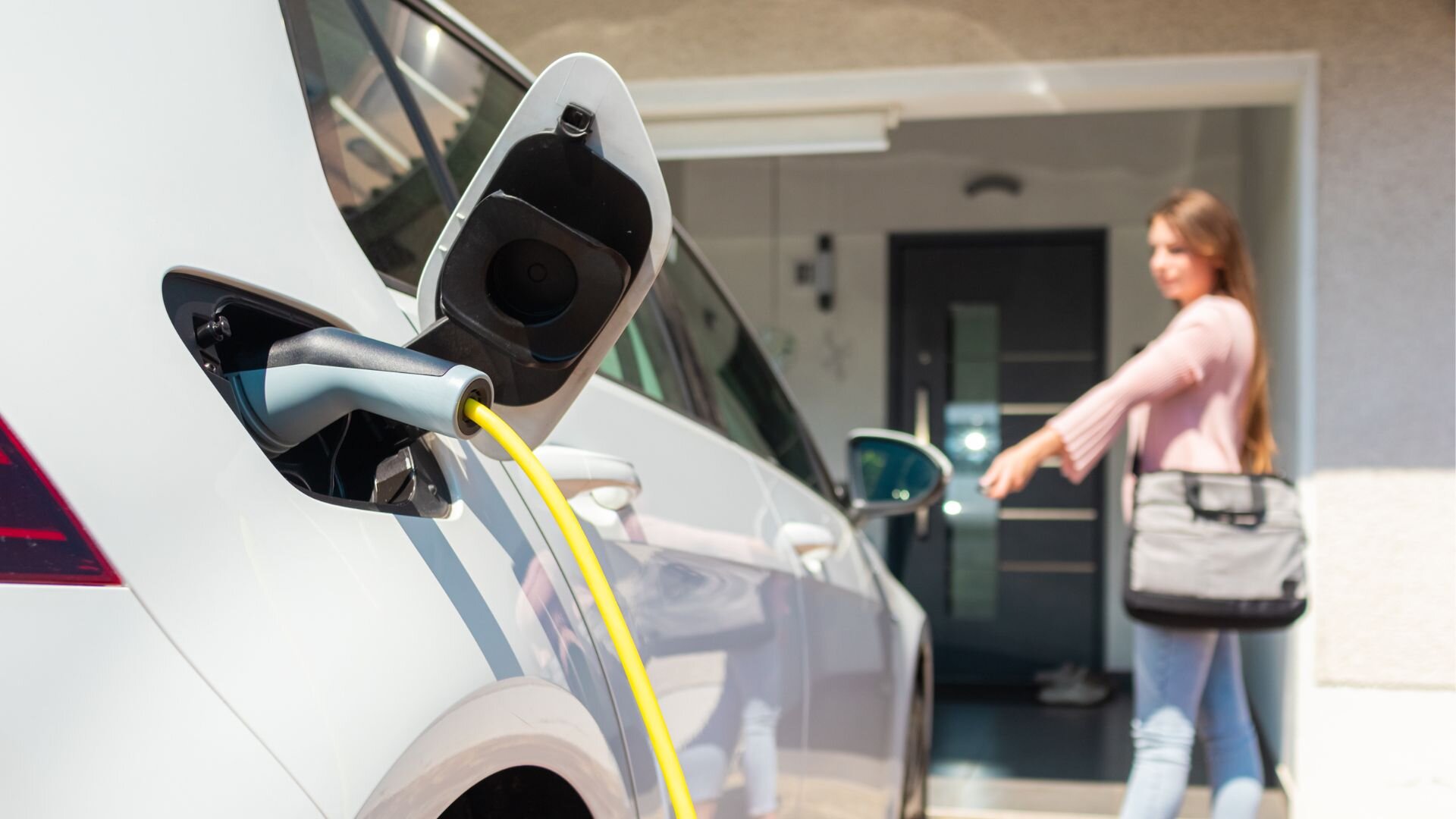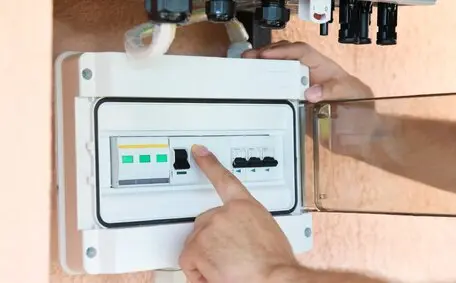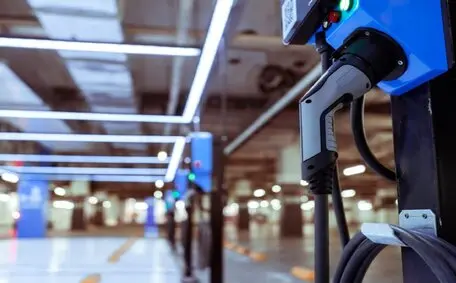![2024 02 Plugging In Charger Plugging Charger]()
Embarking on the journey of electric vehicle ownership involves considering installing an EV charger at home. It’s a move towards sustainability and convenience, but deciding where to install an EV charger should be taken seriously. The ideal location balances charging efficiency with electrical safety and even has the potential to enhance your property’s value.
We have a lot of factors to weigh, from choosing the type of EV charger to understanding your home’s electrical setup. This guide will help shed some light on making a well-informed decision. As we dive into the details of EV charger installation, we’ll look at the different types you can choose from, how to evaluate your home’s electrical readiness, and what you need to think about when picking the ideal spot for your EV charger.
Whether you’re eyeing convenience, compliance, or curb appeal, this guide will provide you with essential insights to make the right choice for your home and electric vehicle.
Types of EV Chargers
The advent of electric vehicles has revolutionised how we fuel our cars. The traditional petrol stations no longer bind us; instead, we have the convenience of EV chargers, a pivotal component in the electric car ecosystem. Understanding the types of EV chargers available is crucial for potential and current EV drivers looking to make informed decisions about their electric vehicle charging solutions.
Level 1 EV Chargers
The most basic type of electric car charger is the Level 1 charger. It typically uses a standard household outlet and is best suited for overnight charging or electric cars with smaller batteries. While it’s the most accessible type of charging station, it’s also the slowest, often delivering around 3 to 5 miles of range per hour of charging.
Level 2 EV Chargers
Level 2 EV charging stations are the next step for a faster charging solution. These are the common choice for residential and commercial EV charger installations due to their quicker charging times, providing about 12 to 80 miles of range per hour.
They require a higher output electrical circuit, and it’s here that professional installation becomes essential. Level 2 chargers are what you’ll typically find at public electric car charging stations, and they’re also a smart choice for home installation.
Level 3 EV Chargers (DC Fast Chargers)
At the pinnacle of EV charging technology are the Level 3 chargers, also known as DC fast chargers. These are primarily found in commercial and industrial settings and are not typically used for home installations due to their high power requirements. A DC fast charger can add 60 to 100 miles of range to an electric vehicle in just 20 minutes, making them ideal for EV charging stations along highways and in commercial areas where quick charging is necessary.
![2024 02 Wall Ev Chargers Wall Ev Chargers]()
When thinking about getting an EV charger for your own use, it’s all about balancing speed and practicality. What you choose should fit both your car’s needs and your daily habits. If you’re frequently driving long distances or don’t have the chance to charge your car overnight, installing a Level 2 charger at home might just be the smart move. You’ll not only enjoy the convenience but also the peace of mind that comes with always starting your journey with a full battery.
Setting up an EV charging station at home needs technical know-how and careful attention to safety standards. It’s always a good idea to reach out to a professional to make sure you’re making the best choice for your setup.
Assess Your Home’s Electrical Capacity
Before installing EV chargers at home, it is vital to evaluate your home’s electrical system to ensure it can handle the additional load. The capacity of your electrical panel, the presence of solar panels, and the layout of your parking space all play a part in determining the feasibility and the best approach for your home EV charger setup.
The heart of your home’s electrical system is the electrical panel, which houses circuit breakers and distributes power throughout your property. When considering an EV charger installation, it’s important to examine whether your current panel can support the extra demand of a charging point. Older homes, in particular, may require an upgrade to their electrical panel to accommodate the power supply needed for home EV chargers safely.
For homes equipped with solar panels, there is the added benefit of using renewable energy to power your electric vehicle, which can save money on electricity costs in the long run. However, integrating solar energy into the charging infrastructure requires careful planning to ensure the power generated is sufficient and appropriately directed to the charging port of your EV.
![2024 02 Solar Panels On Pitched Roof Solar Panels Pitched Roof]()
Another critical factor is the location of your parking space. The charging point should be conveniently located where your car is regularly parked and within easy reach of the charging port on your vehicle. A dedicated circuit is often recommended for home EV chargers, which ensures that the charger has its own protected circuit, free from other household loads that could trip circuit breakers or cause fluctuations in the power supply.
Selecting the Right Location
Several key factors must be considered to ensure convenience, safety, and compliance when deciding where to install your EV charger. As EV owners seek to replicate the ease of the traditional petrol station in their homes, pinpointing the prime location for an EV charging setup becomes a strategic planning task.
For many, the area near the garage door is an obvious choice for installing EV charging equipment. It typically allows easy access and keeps the charging process simple and efficient. However, ensure the installation does not obstruct the garage door’s operation or the pathways that pedestrians or vehicles use.
![2024 02 Charger In Garage Charger Garage]()
EV owners must consider the charging location’s practicality in relation to their daily routine. The charging equipment should be placed where your car usually parks, minimising the need to reposition the vehicle or stretch cables too far, which can be a tripping hazard or cause wear and tear on the equipment.
Security is equally important when it comes to installing your charger. It’s a good idea to keep it within sight of security or surveillance cameras to deter theft or vandalism. Plus, in places where electric shocks from tampering or environmental issues are a worry, this extra layer of protection offers peace of mind.
Always check with local authorities for any specific regulations regarding the installation of EV chargers. They may have requirements or restrictions based on safety codes that may influence the possible locations of your charger.
Safety Regulations and Standards
Ensuring safety and compliance with regulations is essential when installing a home charger for your electric vehicle. Here’s how safety standards and regulations influence the installation process:
Understanding Electrical Connections
For most drivers, a standard single-phase connection will suffice for a home charger. However, a three-phase connection might be necessary for high-capacity charging or commercial applications. It’s important to ensure that any installation adheres to local electrical codes and standards, which may specify the type of connection that can be safely used.
Engaging a Certified or Licensed Electrician
A certified or licensed electrician should always perform the electrical work of installing a home charger. Qualified electricians have the expertise to ensure the installation is carried out according to the latest safety standards, reducing the risk of electrical hazards.
![2024 02 Ev Charger Switchboard Ev Charger Switchboard]()
Complying with Government Incentives
Government incentives for EV charger installations often have specific requirements. To qualify for these perks, you might need to use particular types of chargers, follow certain guidelines for future-proofing installations, or make sure a licensed electrician does the work.
Selecting the Right Location
The right location for a home charger isn’t just about convenience and safety considerations. A well-lit area is preferable for ease of use and to deter potential vandalism. The installation site should be free from obstructions and moisture, which reduces the risk of accidents or electrical shocks.
Future-Proof Installations
When planning for your home charger, it’s advisable to consider a future-proof approach. This means anticipating the evolution of EV technology and ensuring that your installation is adaptable to potential changes. A licensed electrician can advise on how to make your home charging setup flexible for upgrades or modifications.
Complying with safety regulations and standards is not just a legal requirement; it’s a commitment to the home’s safety, the well-being of its occupants, and the functionality of your electric vehicle. By following these guidelines and working with professionals, you can confidently believe your home charger is a safe, smart, and sustainable investment in your electric driving experience.
Enhancing Property Value
The garage is the most common area in which homeowners install charging stations. A garage with the latest charging technology can be a major selling point. Ensuring that your garage has a modern, efficient charger adds convenience for current EV owners and attracts future buyers considering an electric vehicle.
Selecting the right charging station is crucial. It should be compatible with a wide range of electric vehicles, have a fast charging capability, and be durable enough to withstand years of use. A station that offers these features can be a significant factor in reducing the total cost of ownership of an electric vehicle, as it maximises the efficiency of charging at home versus at public stations.
![2024 02 Ev Outside Home Ev Home]()
Having your charging station installed by a professional is really important. It guarantees that everything follows local building codes and electrical standards, which reassures buyers about the safety and reliability of your setup. A properly done installation also helps reduce the impact on your home’s electrical system and makes charging costs more efficient.
Smart chargers that can manage electricity usage to take advantage of off-peak rates are an excellent investment. They keep the cost of charging down, which is an attractive feature for prospective home buyers. By integrating such smart technology, your property can stand out as EV-ready and energy-efficient.
Investing in high-quality garage chargers may involve some upfront costs, but it can pay off significantly in terms of property value. For example, a home with a state-of-the-art charging station can command a higher price on the market as it meets the increasing demand for EV-friendly homes.
As charging an electric vehicle becomes as routine as charging a smartphone, having a dedicated charging station in the garage is increasingly seen as a standard home feature. The presence of such a station can make your property more competitive in the real estate market, appealing to a demographic of environmentally conscious and tech-savvy buyers.
![2024 02 Ev Plugged In Ev Plugged]()
Why Choose Bright Force Electrical?
When it comes to ensuring your home or business is equipped with the best electrical solutions, choosing Bright Force Electrical means selecting excellence, reliability, and safety. Our team of certified professionals are committed to delivering top-tier service, state-of-the-art installations, and unparalleled customer satisfaction.
Are you ready to enhance your property’s electrical systems with a trustworthy team? Bright Force Electrical is at your service. Experience the peace of mind that comes with knowing your electrical needs are in the hands of the best in the business.
Take a step towards a brighter future and contact Bright Force Electrical today. Let’s work together to power your world more efficiently, safely, and smartly.
Call us, visit our website, or drop into our inbox to discuss your electrical needs and discover why Bright Force Electrical is the right choice for you.
